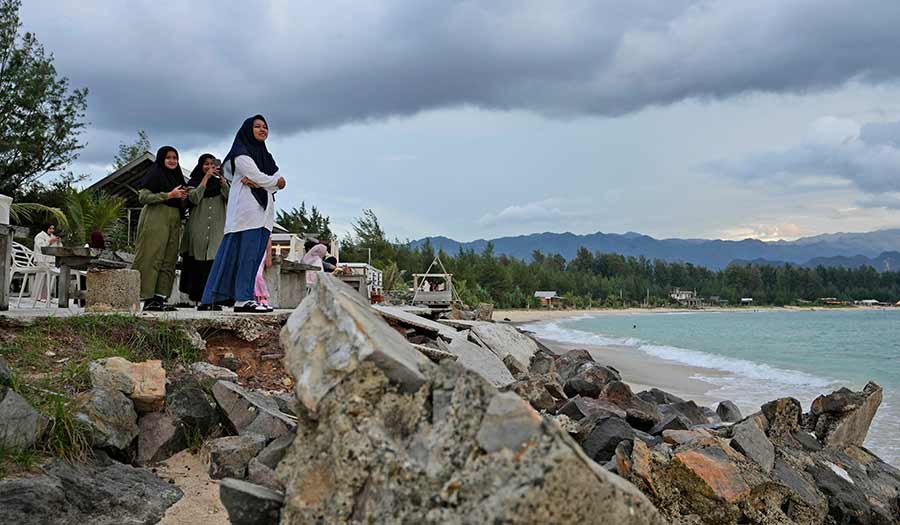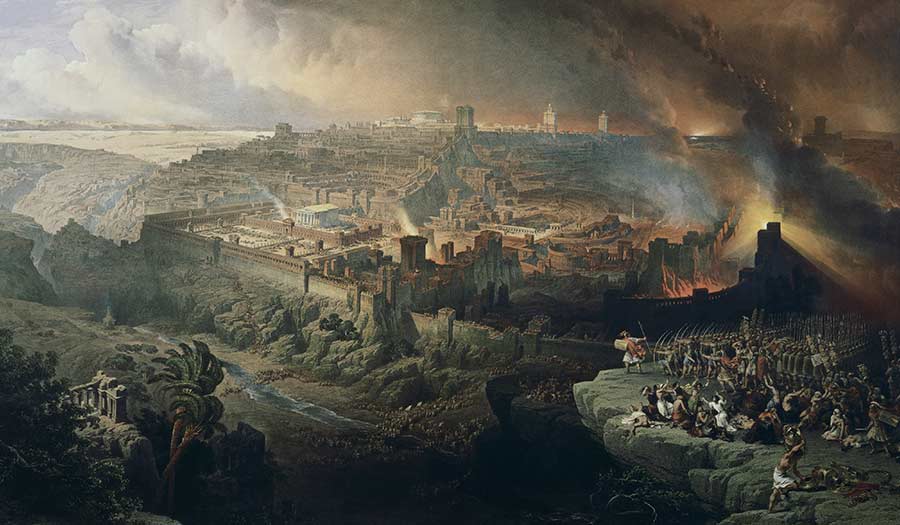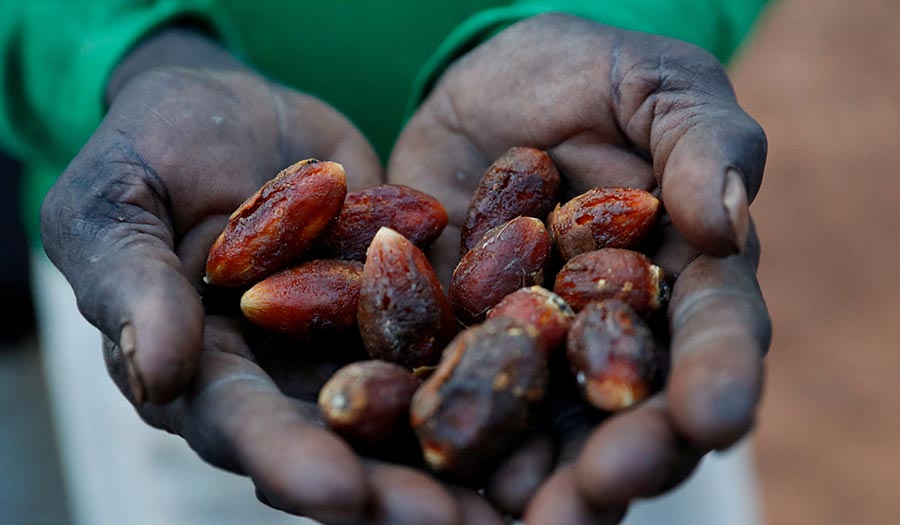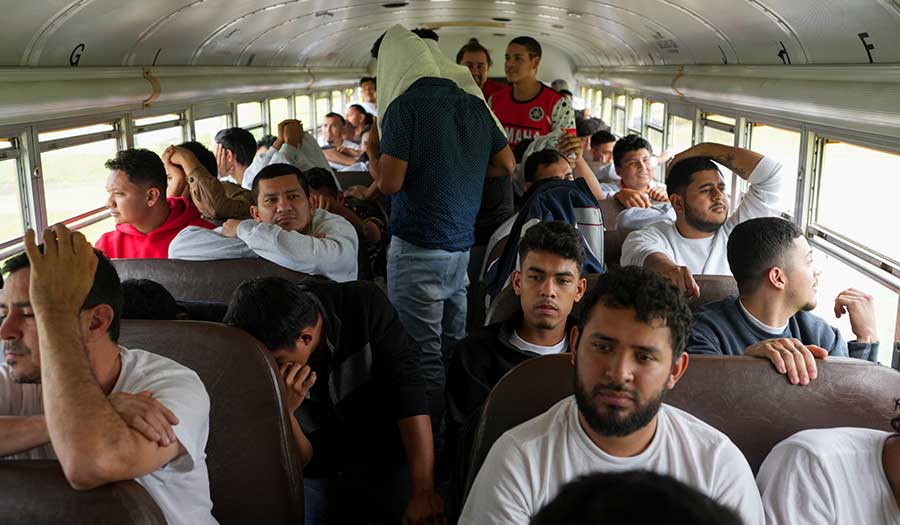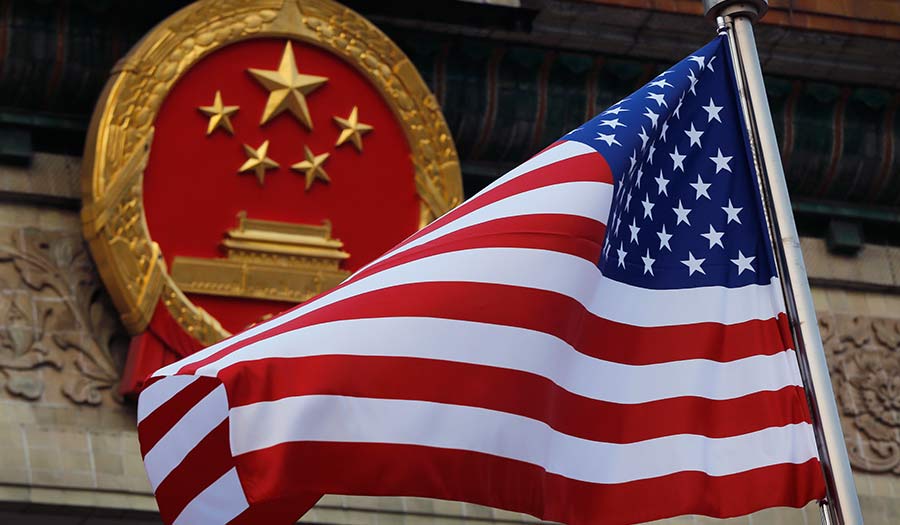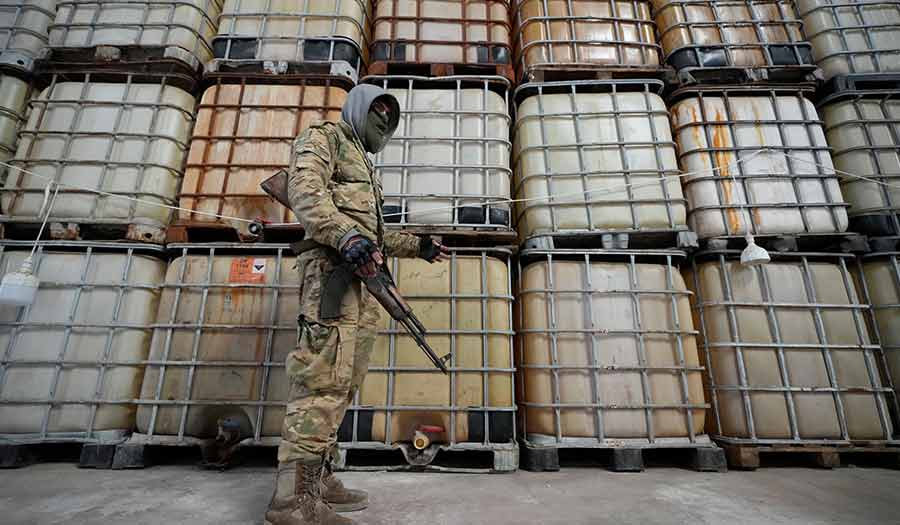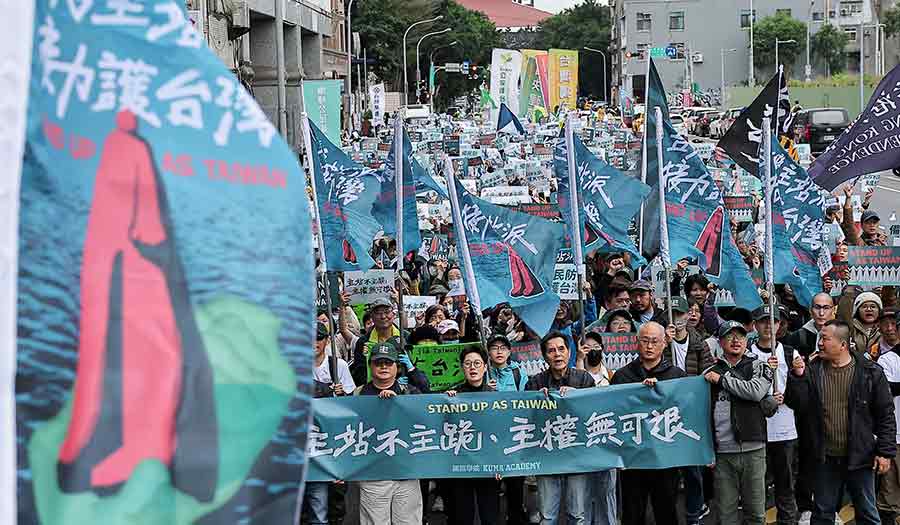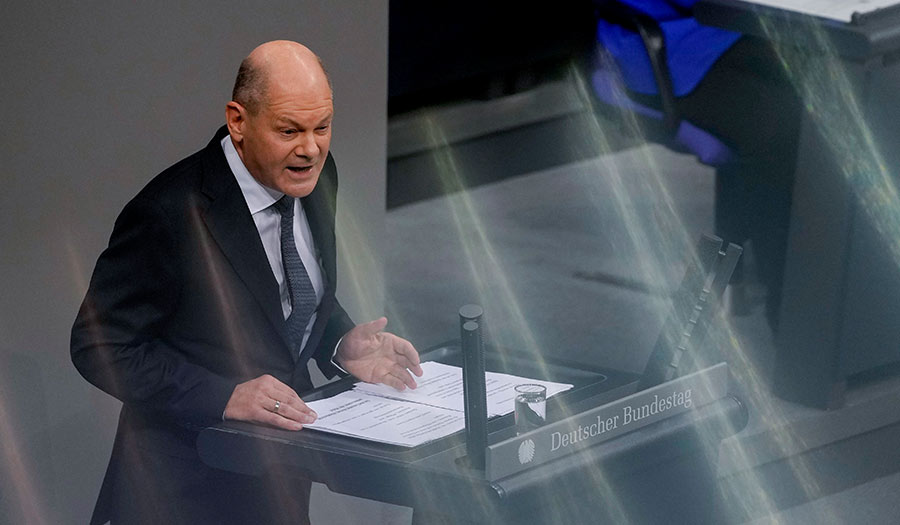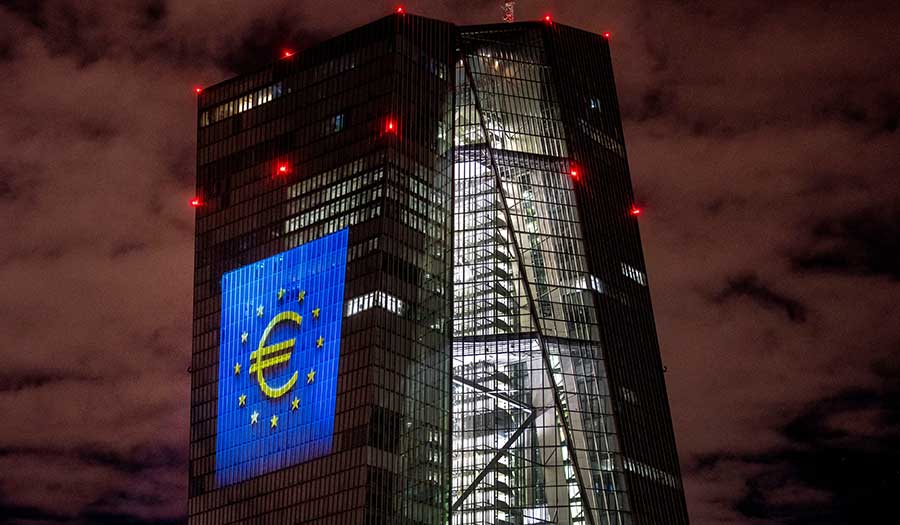- World News Desk
- EUROPE
| Challenges abound for President Emmanuel Macron and new Prime Minister Francois Bayrou after an already tumultuous 2024. |
- World News Desk
- WEATHER & ENVIRONMENT
Qurrata Ayuni, a 28-year-old survivor of the earthquake and tsunami that devastated her hometown two decades ago, has transformed her resilience into purpose. Defying Aceh’s male-dominated coffee culture, she runs a cafe that serves as a welcoming space for everyone, especially women, by employing and empowering them in the region worst hit by the tragedy.
On December 26, 2004, a powerful 9.1-magnitude earthquake, off the coast of the Indonesian island of Sumatra, triggered a tsunami that killed around 230,000 people across a dozen countries, reaching as far as East Africa. Some 160,000 of those were in Aceh, at the northwestern tip of Indonesia.
Ms. Ayuni survived the tsunami by chance, staying at her aunt’s house in Banda Aceh instead of her family home in Lampuuk, Aceh Besar district. However, the disaster shattered her childhood, claiming the lives of her parents and younger sister, who was only 6 when their home was hit by the giant waves.
- Articles
- PROPHECY
Does God play favorites? When it comes to Jerusalem, it can certainly seem so. In II Chronicles 6:6, He declares: “But I have chosen Jerusalem, that My name might be there.” Zechariah 2:8 calls the city “the apple of His eye.”
No other city has this distinction: “For the Lord has chosen Zion [the Temple Mount in Jerusalem]; He has desired it for His dwelling place: This is My resting place forever; here I will dwell, for I have desired it” (Psa. 132:13-14, New King James Version).
Throughout the Bible, God emphasizes Jerusalem’s special status—not merely as a site of historical importance, but as the focal point of His plan for mankind. He appoints it as the ultimate throne of His government: “At that time they shall call Jerusalem the throne of the Lord; and all the nations shall be gathered unto it, to the name of the Lord, to Jerusalem…” (Jer. 3:17).
Learn the why behind the headlines.
Subscribe to the Real Truth for FREE news and analysis.
Subscribe Now- Articles
- HOLIDAYS
Real change is possible. The Bible provides a blueprint.
- Articles
- ANALYSIS
As we step into a new year, reflecting on the past 12 months through the lens of God’s Word offers hope for what lies ahead.
- World News Desk
- AFRICA
| Famine in Sudan has expanded to five areas and will likely spread to another five by May, the IPC reported. |
- Articles
- ANALYSIS
Good actions lead to good outcomes, bad actions produce bad outcomes. Simple, right?
- World News Desk
- AMERICAS
| Migrants and networks aiding deportees worry their return could thrust them into even deeper economic and humanitarian crises, fueling migration down the line. |
- Articles
- SCIENCE & TECHNOLOGY
Predictions about artificial intelligence range from apocalyptic scenarios to utopian fantasies, yet these miss a critical lesson to learn from AI.
- World News Desk
- GEOPOLITICS
| According to the report, China had more than 600 operational nuclear warheads as of May, and the U.S. expects it will have more than 1,000 by 2030. |
- Articles
- ASIA
| Militias, warlords and the Assad government transformed Captagon from a small-scale operation run by small criminal groups into a billion-dollar industrial revenue stream. |
- World News Desk
- EDUCATION
| “Those bus driver shortages are not really going away,” HopSkipDrive CEO Joanna McFarland said. “This is a structural change in the industry we need to get serious about addressing.” |
- Articles
- RELIGION
- Articles
- ANALYSIS
| Beijing has unveiled a new tactic on Taiwan, experts say: Large-scale drills with no fanfare to normalize a heightened military presence and let the U.S. know China can act whenever it wants. |
- World News Desk
- EUROPE
| Chancellor Olaf Scholz lost a confidence vote in the German parliament on Monday, putting the European Union’s most populous member and biggest economy on course to hold an early election in February. |
- Articles
- PROPHECY
The description of the infamous mark in the book of Revelation invites widespread speculation, especially regarding rapid advancements of technology.
- Articles
- SOCIETY & LIFESTYLES
| Frigid temperatures and dreary skies often do not spark excitement, but with proper planning and a positive attitude, wintertime can be enjoyable for you and your family. |
From the Editor
- Personals from the Editor
- RELIGION
Look at the roots of Christmas. Why do people follow its customs? Why is it kept on December 25? The early New Testament Church never kept it. Why?
- World News Desk
- ECONOMY & PERSONAL FINANCE
| Solutions will be hard to find while the two countries that make up almost half of the eurozone economy remain stuck in political paralysis well into 2025. |


